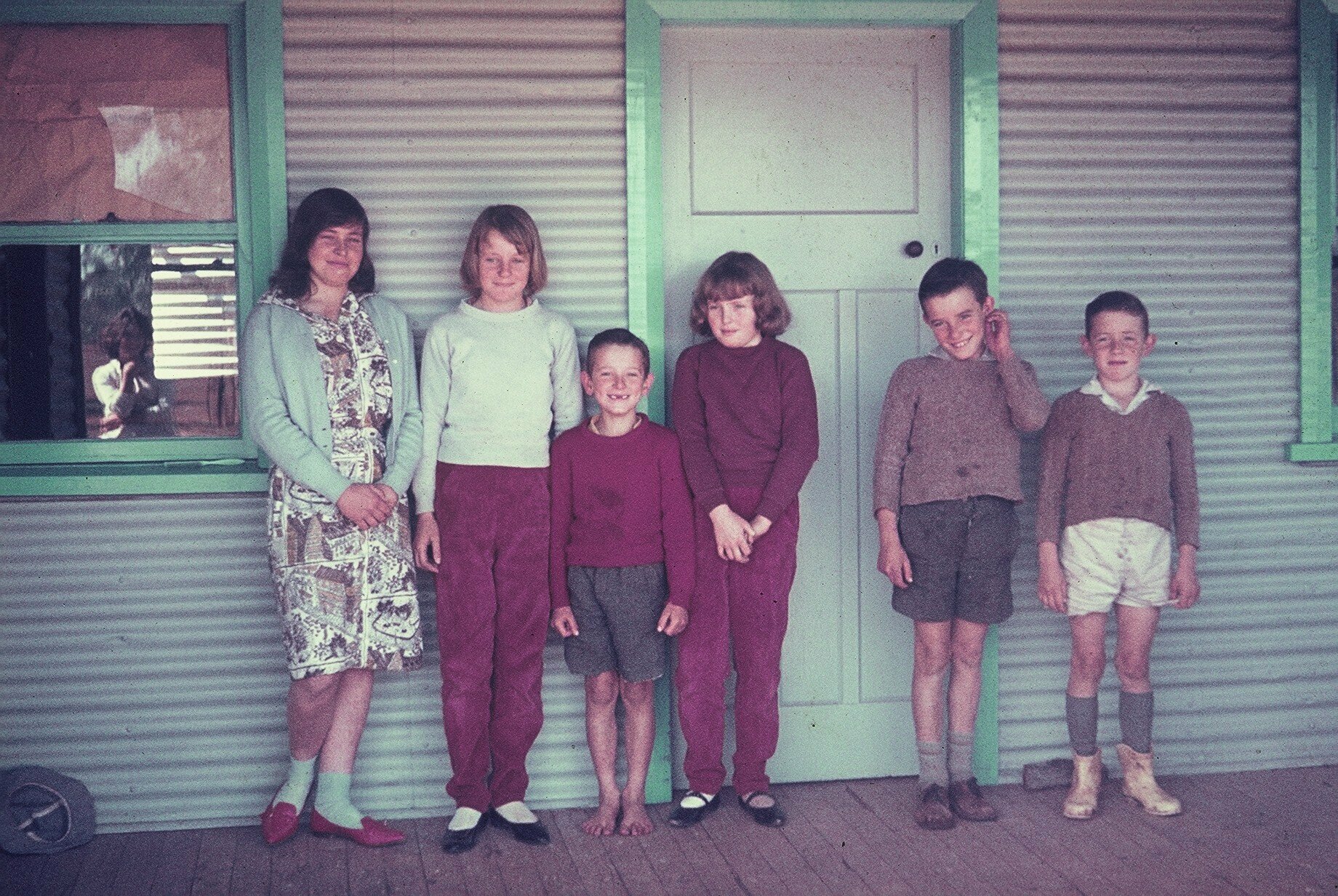You’re all grown up now—and guess what? The planets have lined up, it’s a blue moon and pigs are flying: you’re out of uniform, inside school property and on your way to the principal’s office! Even those walking the other way seem to know—and out of respect and concern—look away. How did this happen?
This is the room you spent years staying away from. The principal’s office (any staff member’s office for that matter) not uncommonly meant pain of some sort, except (perhaps) when you were in year twelve, but that’s another story.
‘Good to see you back here again,’ she says, shaking my hand.
I hesitate. Did she just say, What are you doing back here? or did I hear wrong? I heard wrong, she actually said, Good to see you back here again, and she’s shaking my hand.
‘Thank you,’ I say, with a smile.
To be fair, I’ve had great school principals, and these days, I prefer to think of a school principal as the chieftain of the village. This is because the schools I work in look more and more like villages and the teachers and principals are expected to not only teach but to be virtual social workers, medical officers, carers, fundraisers, political lobbyists and crowd controllers.
My second ever principal for example: let’s just use the word ‘chief’ from here on. There’s six of us on the school roll: me, two of my brothers and three girls from next door. Each school day the chief—a retired lady teacher—and the girls, drive the nine and a half kilometres to our sheep station and we have classes in what used to be an old cookhouse. At recess we are given carnation milk to drink and play girl-irritating-games on the ironstone gravel.
Occasionally, Dad pulls the pin on classes and announces that there will be no school today because there’s some sheep to muster or shear. For us boys that translates into, ‘Probably will be some goats to chase, or pig shooting on Dad’s old truck and/or those amazing mutton, cheese and tomato sandwiches (with pepper) made by the shearer’s cook for smoko!’
Then there’s our first school chief: the one who kind of ‘baptises’ me into learning. She’s our mum, a graduate art teacher from Sydney Teachers’ College: so passionate about learning that—even though she’s wheelchair-bound by Motor Neurone—she’s determined to get our education happening.
As a year-two boy, watching her struggling to speak, to write and to teach us, I’m in awe, I know something huge is going down. This chief is the same woman whose hair I sometimes ‘have to’ brush, or whose cup I hold to her mouth so she can drink.
But it doesn’t stop there. In a mysterious paradox, my mum’s pain gives (and still gives) her a unique authority to be a light in the hurting world—not through the clever ways of impersonal ‘darkness wisdom’: she’s already been offered that cup in Africa and turned it down.
What she insists on making clear to us is that the love and light in her comes from a ‘lover of her soul’ called Jesus. How can I not take her seriously? But does this fact not make her pain even more disturbing? Like a good teacher, she does not go there with us; she will not push us into the information overload of what we are not ready for, but gives us as much as we need for now.
Further down this dark, disturbing and even beautiful road—after my mum has left this world—my adult mind explores further. My conclusion is that yes, there’s a beautiful and dangerous mystery at the centre of the universe, and as my first chief would have asserted, it’s not some passive, half-interested deity. It’s a free, personal (and beyond personal) spirit of joy who’s not trapped in time, space or matter—and yet is intimate with us in the person of Jesus.
And now I’m a boy again with my brothers, our hats on and water bottles in hand—about to go out and chip burrs—watching mum as she pushes herself up on her elbows to speak: in what you might call the ex-cathedra posture (with the full authority of office), or you might say, out of the cathedral she’s sitting in…
‘Just remember,’ she says, taking a breath. ‘Jesus said that wherever two or three of you are gathered in my name, I’m there with you.’







